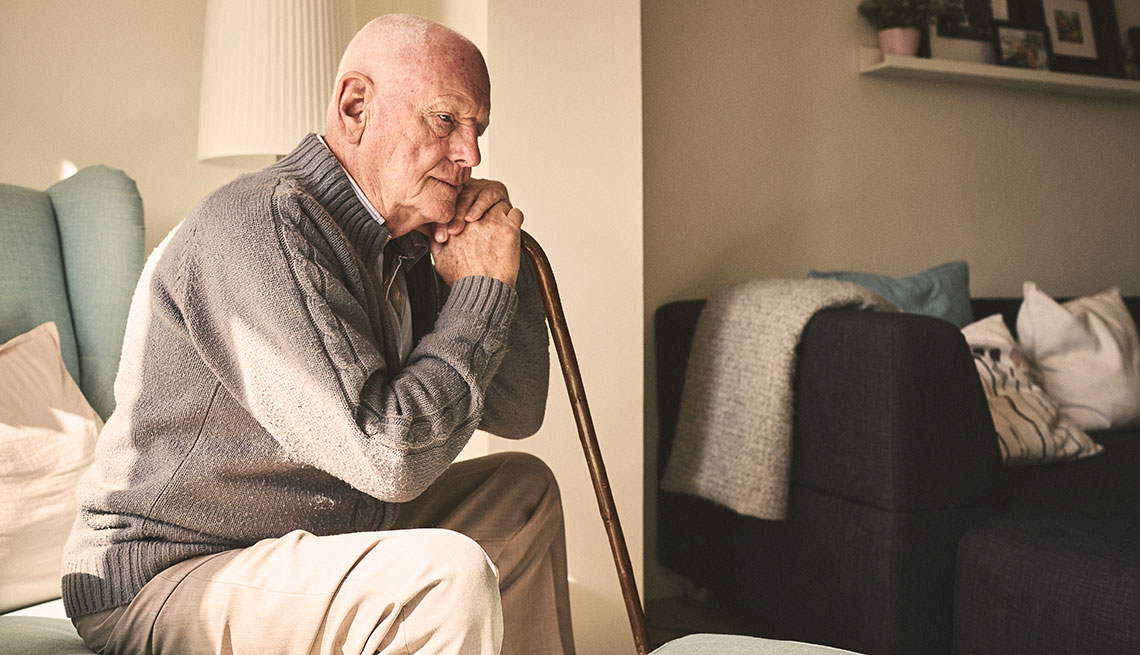AARP Hearing Center
There are common signs that an older adult is suffering from neglect. He won't communicate the way he once did, or she stops taking an interest in community or family events. Someone who is usually put-together may appear unkempt or have lost or gained a dramatic amount of weight. A once tidy home suddenly falls into disrepair, with trash and mail piling up. Mood or demeanor changes. Then a fall — or two — happens. Things seem off or just plain wrong.
Because of the coronavirus, our communities and families are more isolated than ever. We're not making social calls or traveling the way we once did. Holiday gatherings are smaller, if held at all. Caregivers may avoid essential trips and engagements to minimize the chances of exposing a high-risk care recipient to the virus. We know isolation is a major risk factor for self-neglect and abuse, according to the World Health Organization. But if we are not seeing our loved ones face to face, how will we know if they are neglecting themselves or being neglected by a caregiver?
When neglect becomes abuse
Neglect, generally, means that a person is deprived of necessary care. This means the lack of adequate nutrition, hydration, hygiene, medical care or suitable living conditions, among other things. A person could be engaging in self-neglect due to a physical or mental inability to care for him or herself. Or an older adult may be a victim of passive or active neglect by a caregiver. Self-neglect is far more common than caregiver neglect (or facility neglect).
Who is obligated to help?
All states have a “mandatory” reporting law that requires certain people to report suspected abuse. The report generally is made to a state or law enforcement agency. While mandatory reporting laws vary dramatically across the states and territories, all are in place to assist and protect vulnerable and/or older adults. Certain professionals, particularly frontline workers like nurses and doctors, are common mandatory reporters. In some states, any person who suspects abuse is required to report mistreatment.




































































